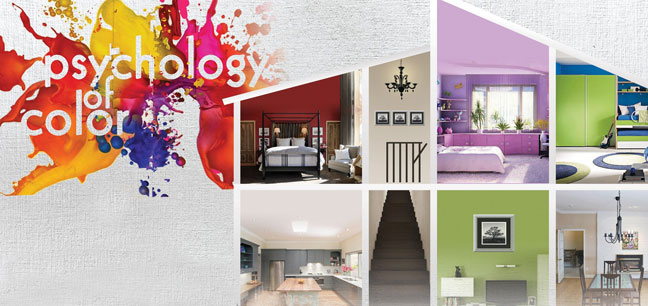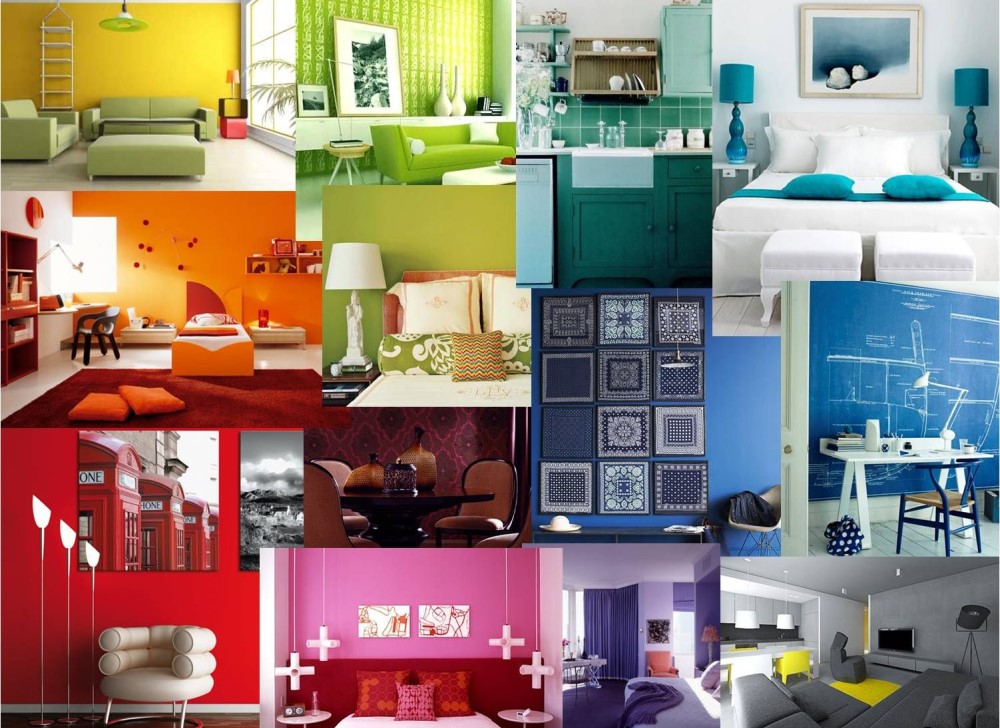While many individuals have favorite colors, the subconscious impact of colors often goes unnoticed. Psychological research reveals the influence of colors on mood and productivity. Although responses can vary, certain universal associations exist. This article explores the psychological effects of different colors and how they can foster positivity in the workplace.

Green
Renowned for its calming effect, green is associated with nature and the outdoors. University of Georgia research found that, among 13 colors, green evokes the most positive emotions like relaxation. Ideal for office spaces, it can cultivate a positive, happy, and relaxed atmosphere for workers.
Blue
In offices, blue is favored for its calming and non-distracting qualities. Studies by Dr. Stone and the University of Glasgow revealed that a blue environment is linked to an increased positive mood. Blues are recognized as emotionally positive, making them suitable for creating a pleasant, calming, and productive workspace.
Yellow
Bright and optimistic, yellow is linked to cheerfulness and creativity. Saturated yellow can stimulate creativity, but overuse may lead to eye strain and irritability. To harness its benefits, use yellow sparingly in paler shades within a home environment.
Red
Bold and attention-grabbing, red is associated with danger and passion. However, excessive use can be counterproductive. Research by Elliot and colleagues and Dr. Stone indicates that exposure to red impairs performance in tasks. Avoid widespread use in a home setting for optimal environment.
Colors to Avoid
Steer clear of predominant reds, as they may hinder a relaxing home environment. Additionally, avoid yellow-green mixes, consistently deemed unpleasant with negative connotations. Excessive white and gray can create a clinical, uninspiring look, causing glare and discomfort. Likewise, too many dark colors should be avoided to prevent a gloomy, confined atmosphere.

